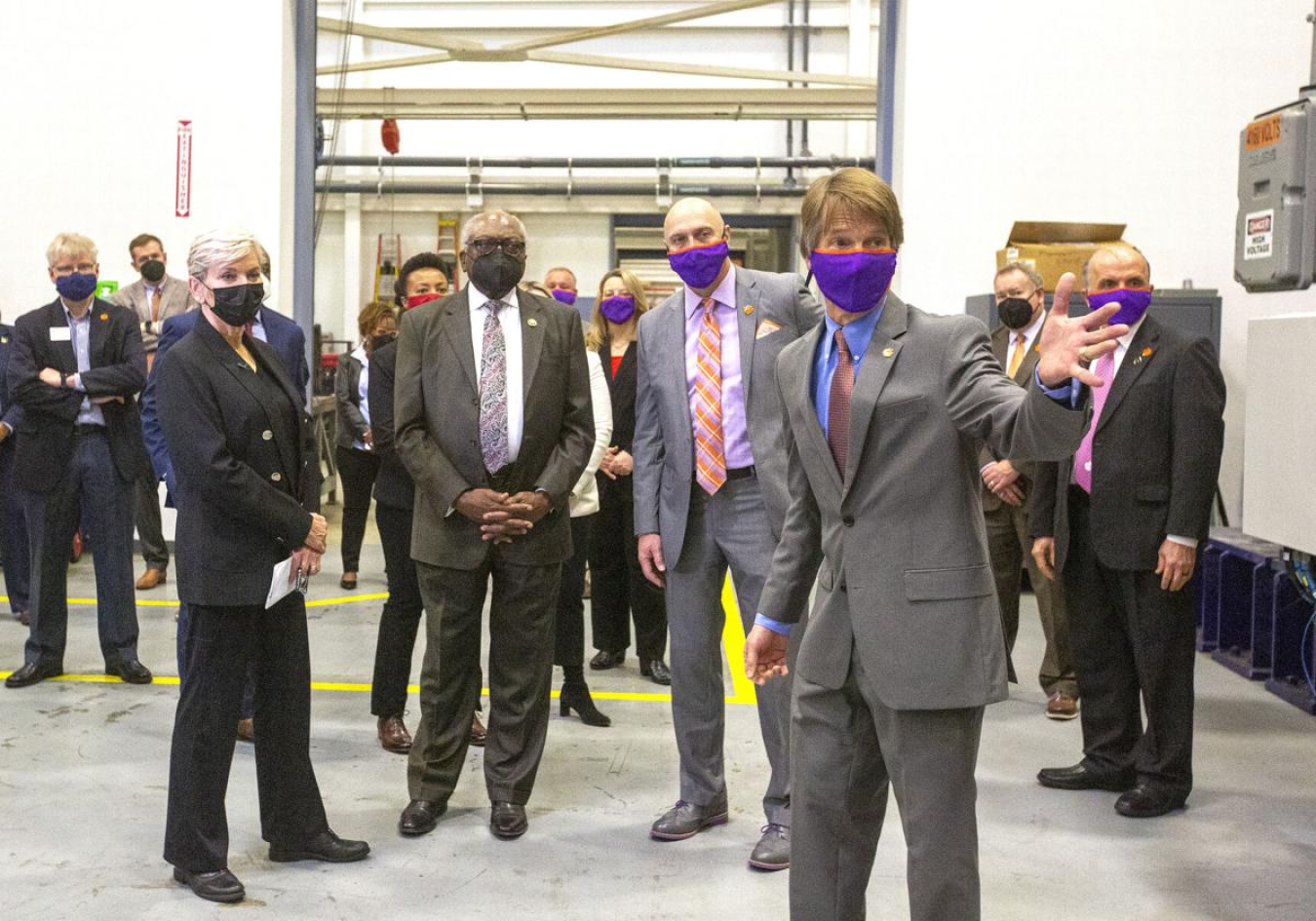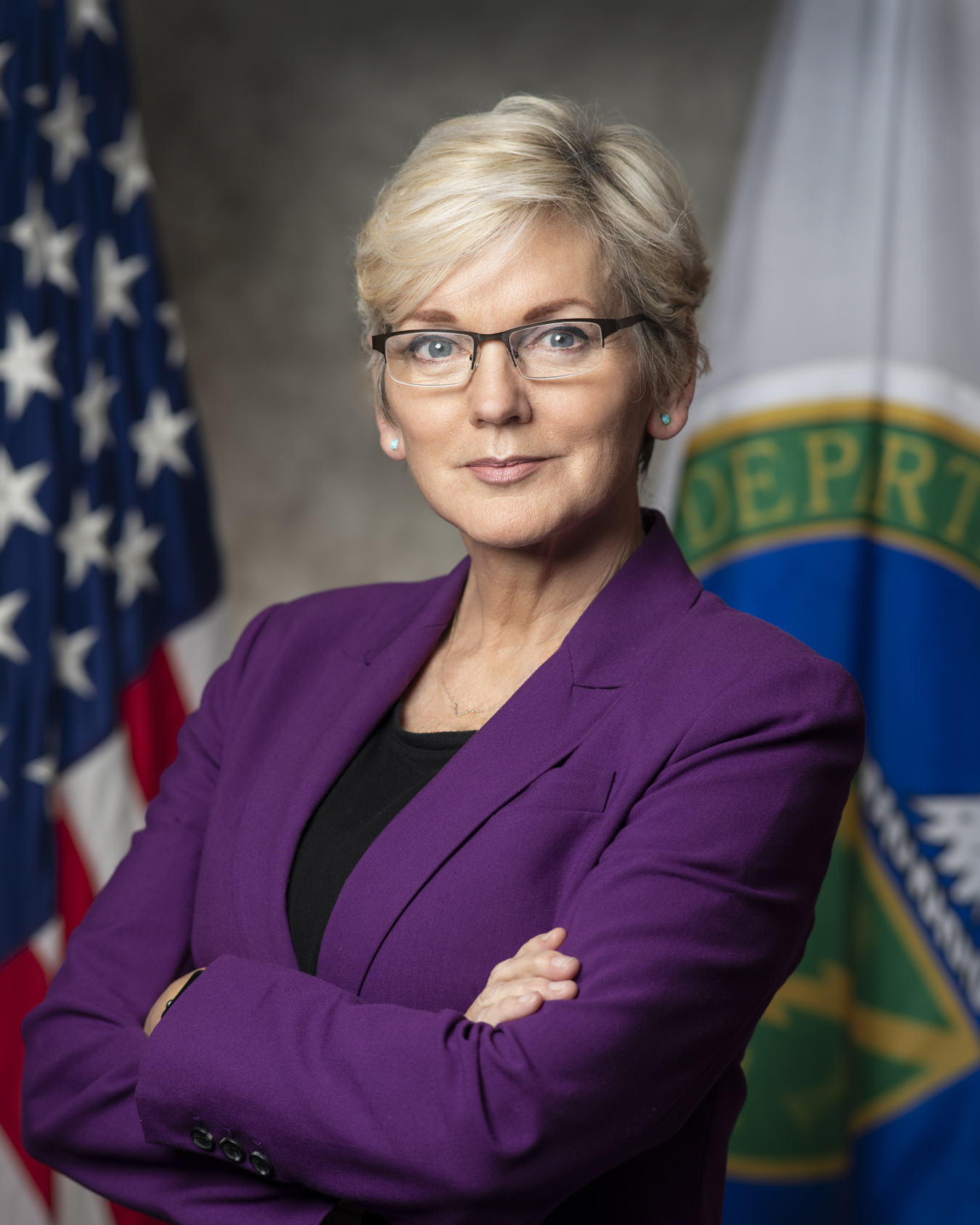Secretary Granholm penned an op-ed in The Post and Courier. Building a diverse clean energy workforce would not only give Americans of all backgrounds an opportunity to build generational wealth — it’ll give our planet a fighting chance.
April 14, 2022
The clean energy industry is among the fastest-growing sectors of our economy, offering good-paying jobs all over the country that provide benefits and opportunities for union membership. Building a diverse clean energy workforce would not only give Americans of all backgrounds an opportunity to build generational wealth — it’ll give our planet a fighting chance.
To reach President Joe Biden’s ambitious goals to cut carbon pollution in half by the end of the decade and build a 100% clean power grid by 2035, we need to harness all of America’s talent. But there’s a problem: Black Americans are underrepresented in the clean energy industry. They make up 11% of the overall workforce, but just 8% of renewable energy jobs and only 9% of jobs in science, technology, engineering and math. Earlier in the pipeline, it’s a similar picture: Historically, just 1.6% of Department of Energy grants to higher education have gone to historically black colleges and universities, even though these institutions make up 2.7% of U.S. postsecondary schools.
President Biden and I know we have to change that.
Read the rest of this Op-Ed in The Post & Courier.
Jennifer M. Granholm
Former Secretary, U.S. Department of Energy
Jennifer M. Granholm was sworn in as the 16th Secretary of Energy on February 25, 2021.
Secretary Granholm led DOE's work to advance the cutting-edge clean energy technologies that helped America achieve President Biden’s goal of net-zero carbon emissions by 2050 while creating millions of good-paying union clean energy jobs and building an equitable economy. Secretary Granholm also oversaw DOE’s core missions of promoting American leadership in scientific discovery, maintaining the nuclear deterrent and reducing nuclear danger, and remediating the environmental harms caused by legacy defense programs.
Prior to her nomination as Secretary of Energy, Jennifer Granholm was elected Governor of Michigan, serving two terms from 2003 to 2011.
After two terms as governor, Jennifer Granholm joined the faculty of the University of California, Berkeley as a Distinguished Professor of Practice in the Goldman School of Public Policy, focusing on the intersection of law, clean energy, manufacturing, policy, and industry.
Secretary Granholm is an honors graduate of both the University of California, Berkeley and Harvard Law School. She and her husband, Daniel G. Mulhern, have three children.



